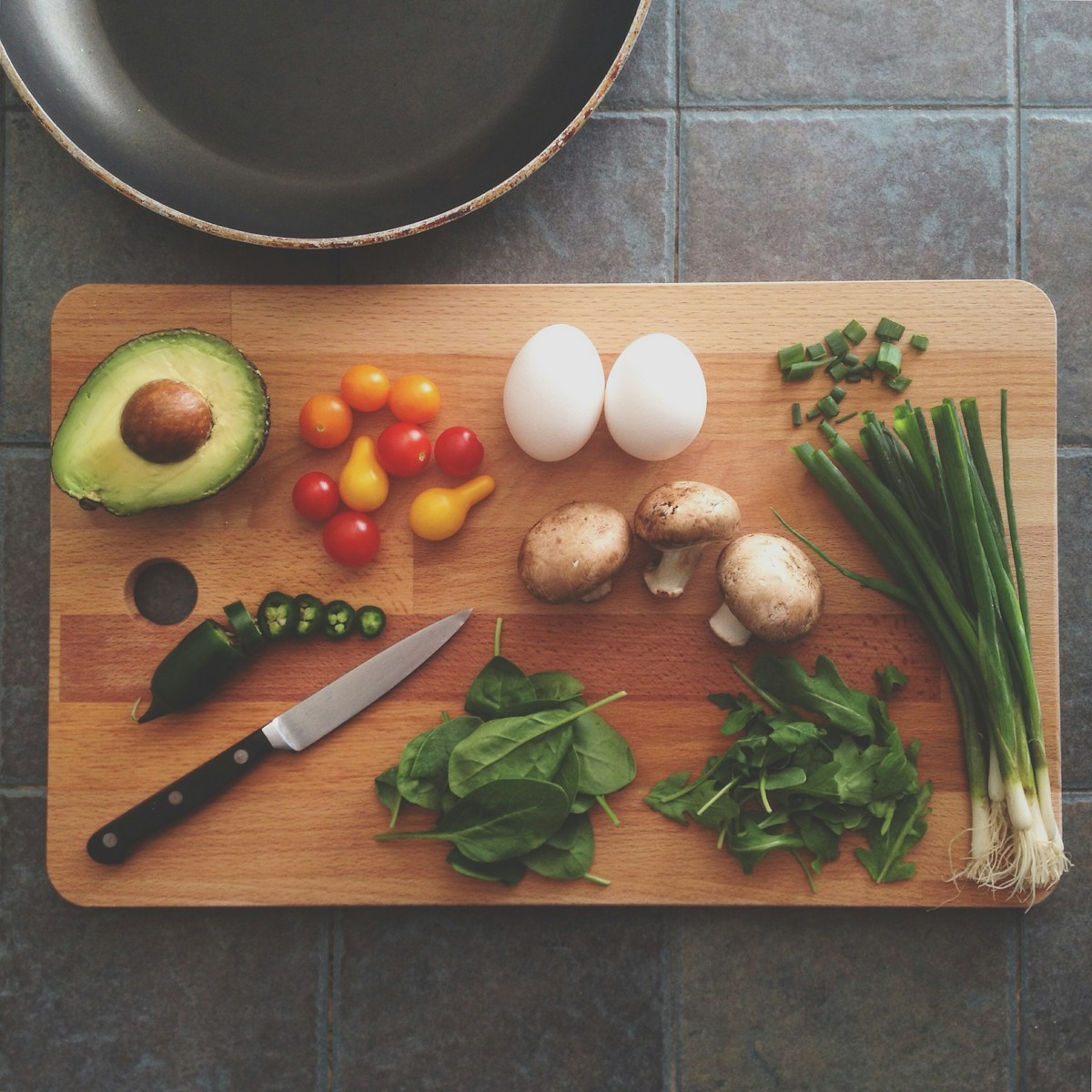
Self-care is often thought of as a personal ritual—an act of indulgence, relaxation, or simply taking time for oneself. While these aspects are important, one of the most foundational elements of self-care is also the most practical: nutrition. What we eat directly impacts our physical health, mental well-being, and energy levels. By nourishing our bodies with the right foods, we lay the groundwork for a more balanced, vibrant life. Here’s how nutrition plays a critical role in your self-care journey.
1. Boosting Energy Levels
In our busy lives, feeling tired or sluggish can hinder productivity and well-being. The food we consume is our primary source of energy, and the right nutrients can help us feel more energized throughout the day. Complex carbohydrates (like whole grains, fruits, and vegetables) provide a steady release of energy, while protein (found in lean meats, legumes, and nuts) helps maintain muscle and keeps blood sugar levels stable.
On the other hand, highly processed foods and sugars can lead to energy crashes. By prioritizing whole, nutrient-dense foods, you can fuel your body in a way that supports sustained energy, which can help you approach your self-care routine with vitality and enthusiasm.
2. Enhancing Mood and Mental Health
Nutrition is deeply connected to how we feel emotionally. For instance, omega-3 fatty acids, found in foods like salmon, walnuts, and flaxseeds, play a key role in brain health and have been shown to reduce symptoms of depression and anxiety. Similarly, complex carbohydrates (such as sweet potatoes and oats) help the brain produce serotonin, a neurotransmitter that contributes to feelings of happiness and calm.
Vitamins and minerals also play a role in mood regulation. Deficiencies in certain nutrients, such as vitamin D, magnesium, and B-vitamins, have been linked to an increased risk of depression and anxiety. Including a variety of nutrient-rich foods in your diet ensures your body and mind have the building blocks they need to function optimally.
3. Supporting Digestive Health
Gut health is central to overall well-being, and nutrition is key in maintaining a healthy digestive system. A diet rich in fiber, such as fruits, vegetables, whole grains, and legumes, helps promote healthy digestion by supporting regular bowel movements and feeding beneficial gut bacteria. Probiotics, found in fermented foods like yogurt, kefir, kimchi, and sauerkraut, can also support the balance of gut microbiota, which in turn affects immune function, mood, and even skin health.
Incorporating these foods into your diet supports digestive health and helps you feel lighter, more comfortable, and energized, which is crucial for staying physically well and engaged in self-care practices.
4. Building a Strong Immune System
Your diet plays a vital role in boosting immunity. Nutrient-dense foods, especially those rich in antioxidants, help protect the body from oxidative stress and inflammation. Fruits like berries, oranges, and kiwi, as well as vegetables like spinach, kale, and bell peppers, are packed with vitamins and minerals that strengthen your immune system.
Vitamin C (found in citrus fruits and leafy greens) and zinc (found in nuts, seeds, and legumes) are particularly important for immune function. A well-rounded diet supports a stronger defense against illness and helps you maintain your physical health, allowing you to continue focusing on your self-care routine.
5. Promoting Healthy Skin, Hair, and Nails
Our outer appearance is often an indicator of internal health, and nutrition plays a significant role in the condition of our skin, hair, and nails. A diet rich in antioxidants, healthy fats, and vitamins can support radiant skin and healthy hair. For example, vitamin E, found in nuts and seeds, helps protect the skin from sun damage and promotes healing. Omega-3 fatty acids, found in fatty fish, avocado, and chia seeds, are essential for keeping the skin hydrated and reducing inflammation.
Collagen, which helps maintain skin elasticity, can be promoted by consuming foods like bone broth, citrus fruits (for vitamin C), and leafy greens. Hydration also plays a critical role in skin health, so drinking plenty of water and eating water-rich foods like cucumber, watermelon, and celery can help maintain skin’s suppleness.
6. Supporting Long-Term Health
Investing in good nutrition now pays off in the long run. Consuming a balanced diet rich in whole foods reduces the risk of chronic diseases such as heart disease, diabetes, and hypertension. A diet high in fruits, vegetables, whole grains, lean proteins, and healthy fats supports overall longevity and well-being, which is essential for maintaining an active and healthy lifestyle.
Healthy eating habits now set the foundation for better health in the future, allowing you to continue enjoying your self-care practices and engage in the activities you love.
7. Cultivating a Mindful Relationship with Food
Nutrition is not just about choosing the right foods—it’s also about developing a mindful relationship with food. Mindful eating is the practice of paying full attention to the experience of eating. This involves savoring each bite, listening to your body’s hunger cues, and eating with intention rather than out of habit or emotion.
Being mindful of what and how you eat can improve digestion, reduce overeating, and increase your overall enjoyment of food. As part of your self-care journey, mindful eating helps you cultivate a healthy relationship with food, free from guilt or anxiety, and allows you to nourish your body in a way that aligns with your values and well-being.
How to Incorporate Nutrition into Your Self-Care Routine
Plan Balanced Meals
Take the time to plan your meals to ensure they are nutrient-rich. Include a variety of fruits, vegetables, lean proteins, and whole grains to make sure your body gets the essential nutrients it needs to function optimally.
Stay Hydrated
Drinking plenty of water throughout the day is one of the easiest ways to support your body’s self-care. Aim for at least 8 glasses of water a day, and consider herbal teas or water-rich fruits like cucumber and watermelon.
Snack Wisely
Choose snacks that nourish your body rather than those that provide a quick sugar rush. Opt for nuts, fruits, Greek yogurt, or vegetables with hummus to keep your energy levels steady throughout the day.
Cook at Home
Preparing your meals at home gives you control over the ingredients and ensures you’re getting fresh, whole foods. Try to experiment with new, healthy recipes that excite you and make cooking a fun, creative activity.
Practice Intuitive Eating
Listen to your body’s hunger signals and eat when you’re hungry, not out of stress or boredom. Intuitive eating encourages you to trust your body’s cues and avoid restrictive dieting, helping to create a positive and sustainable approach to eating.
Conclusion
Nutrition is an integral part of your self-care journey. What you put into your body affects not just your physical health but also your mental and emotional well-being. By prioritizing balanced, nutrient-dense meals, staying hydrated, and developing a mindful relationship with food, you are taking an active role in supporting your long-term health and happiness. Remember, nourishing your body is a form of self-love, and it empowers you to engage fully in every aspect of your life.

